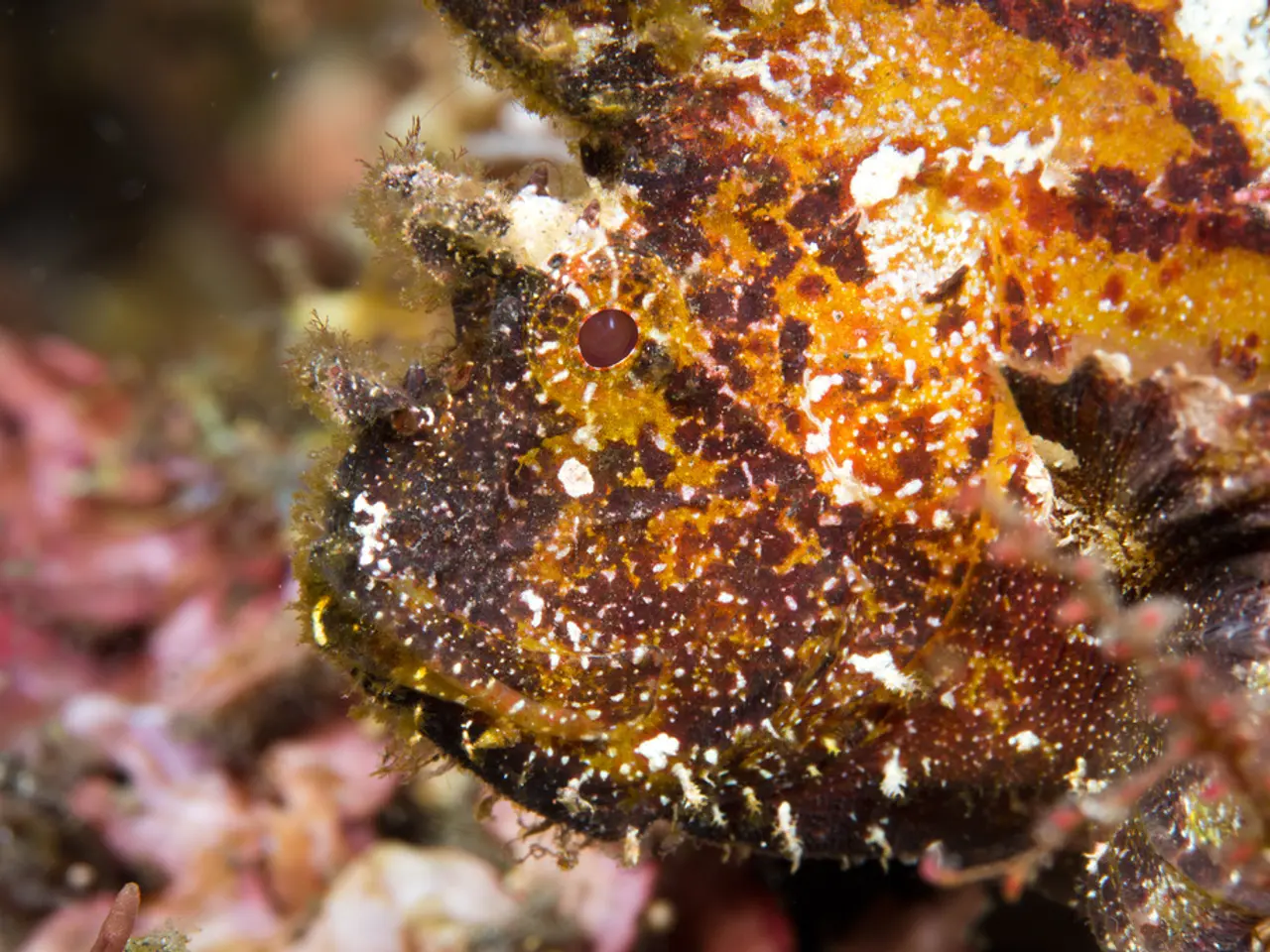Underground Research Facility Abroad, Involving Ethical Questions and Controversial Tests on Humans
The Fraunhofer research team has developed a groundbreaking underwater platform called MiniLab, designed to test sensor technology and materials in underwater conditions. This innovative system is currently being used in the Warnow River and the Digital Ocean Lab (DOL) in the Baltic Sea, and is available for observations in other waters.
MiniLab consists of an underwater unit and an on-ground unit, connected via a hybrid underwater cable. The underwater unit is equipped with four underwater cameras, a multi-sensor module, two UV sensors, and four underwater lights, all held securely by a frame made of stainless steel. The heart of the underwater unit is the Raspberry Pi, which enables communication with sensors and cameras.
The multi-sensor module measures various parameters such as pressure, temperature, conductivity, pH value, dissolved oxygen, water turbidity, and chlorophyll. It can also be expanded to include nitrate/ammonium, chloride, bromide, and carbon dioxide values. This versatile module allows for a wide range of scientific research or environmental monitoring applications.
The MiniLab system can be controlled from a mobile control station and a swimming launch and recovery system, with future work focusing on the integration of radio-based communication and the use of a buoy for longer-term measurements.
The on-ground unit includes a power converter, switches, connectors, and options for Ethernet connections. The website interface of the MiniLab system displays multiple services running during operation, including sensor communication and camera streaming. The software design and architecture of the MiniLab system follows high-level system requirements, with a main node database for data exchange between services and the backend, and each service designed to fulfill a single task.
The MiniLab system was officially presented at the Rostock Cargo and Fishery Port, and has been used for studies on anti-fouling properties, weathering of plastics, and observation of biodiversity. A notable application includes the systematic recording of the growth of the Australian tubeworm ficopomatus enigmaticus.
The MiniLab project is funded by the Federal Ministry of Education and Research and the Ministry of Education, Science and Culture Mecklenburg-West Pomerania. For more precise details about the MiniLab project, including specific uses and detailed components, we recommend consulting technical documentation or publications directly related to the MiniLab project or official sources from the research group or organization managing it.
Science and climate-change research can benefit significantly from the MiniLab system, as it provides a versatile platform for monitoring a variety of underwater parameters, including pressure, temperature, and chlorophyll levels. Environmental-science and marine biology studies can utilize data-and-cloud-computing technologies, such as the software design and architecture of the MiniLab system, to facilitate longer-term measurements and remote control, thereby increasing the efficiency and scope of their technological capabilities, aided by technology integration like radio-based communication and buoys.




